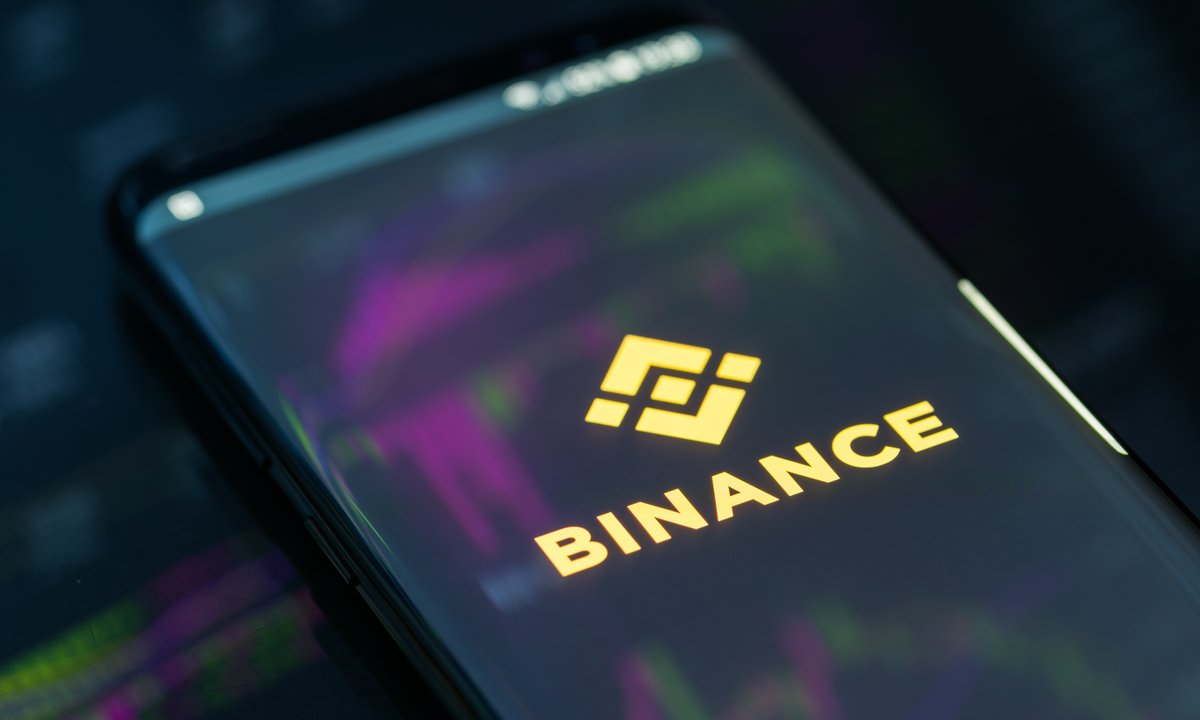In a significant move that underscores the increasing scrutiny on cryptocurrency exchanges globally, the Philippines’ Securities and Exchange Commission (SEC) has intensified its campaign against the world’s largest cryptocurrency exchange, Binance. The SEC’s latest action involves a request to tech giants Apple and Google to delist Binance’s mobile application from their respective app stores. This development is a continuation of the regulator’s efforts to clamp down on the operations of unregistered crypto exchanges offering services in the country.
The Philippine SEC’s concerns revolve around the protection of local investors and the integrity of the country’s financial system. Commission Chairperson Emilio Aquino highlighted in a recent news release that unrestricted access to such platforms poses a considerable risk to Filipino investors’ funds. He pointed out that engaging in the sale or offer of unregistered securities and functioning as an unregistered broker constitutes a violation of the nation’s securities legislations. By requesting the removal of Binance’s apps from major app stores, the SEC aims to curb the spread of unauthorized financial activities and safeguard the public from potential economic setbacks.
This crackdown on Binance did not emerge in isolation. The exchange has been in the Philippine SEC’s crosshairs since last year when it was first announced that access to Binance would be blocked on the grounds of the company operating without the necessary corporate registration required to legally sell or offer securities in the Philippines. This has been part of broader regulatory challenges Binance has faced across Asia, illustrating a regional attempt to rein in the activities of cryptocurrency firms.
In addition to addressing the current situation in the Philippines, the SEC has sought cooperation from the National Telecommunications Commission to restrict access to websites operated by Binance, aiming to halt its unauthorized solicitation of investments within the nation.
Binance’s regulatory woes are not confined to the Philippines or even Asia. In India, regulators have made similar requests to Apple and Google, seeking the removal of crypto companies, including Binance, from app stores. Furthermore, Binance was implicated in a broader action by India’s Financial Intelligence Unit, which banned several virtual digital asset service providers for non-compliance with anti-money laundering statutes.
The challenges Binance faces extend beyond Asia to other parts of the world. In Nigeria, the exchange confronts allegations of money laundering and tax evasion, leading to the detainment of two of its executives. Despite these issues, Binance’s CEO Richard Teng has expressed the company’s commitment to working with Nigerian authorities to address and resolve the concerns.
As regulators worldwide continue to tighten the reins on cryptocurrency exchanges and related financial services, the actions taken by the Philippine SEC against Binance underscore a growing trend of increased oversight and enforcement. This not only reflects the evolving landscape of global cryptocurrency regulation but also marks a significant step in efforts to protect investors and ensure the orderly operation of financial markets in face of the novel challenges presented by digital assets.
